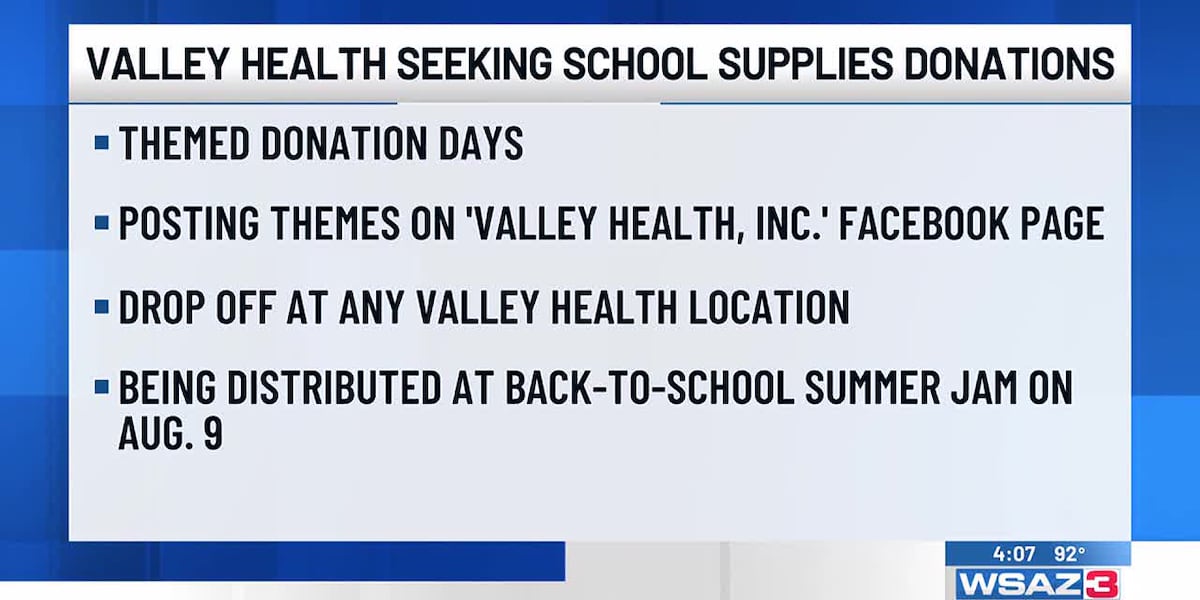New Jersey Public Workers Face Health Insurance Relief? Controversial Salary-Based Cap Sparks Debate

New Jersey public workers are bracing for potentially significant health insurance premium increases, but a controversial bill currently under consideration in the state legislature could offer a lifeline. Lawmakers are convening in a rare summer session to debate a proposal that would cap health insurance premiums based on employee salary. However, the plan faces an uphill battle, with Governor Phil Murphy reportedly hesitant to sign it into law.
The Problem: Rising Health Insurance Costs
For years, New Jersey public employees have seen their health insurance costs steadily climb. These increases, often outpacing salary growth, have placed a considerable financial strain on workers and their families. Many are struggling to afford the rising premiums, leading to concerns about employee morale and retention. The current system, where premiums are based on a complex formula, has been criticized for its lack of transparency and predictability.
The Proposed Solution: Salary-Based Cap
The bill aims to address this issue by establishing a cap on health insurance premiums, calculated as a percentage of an employee's salary. Proponents argue that this approach would provide greater affordability and predictability for public workers, ensuring that premiums remain manageable regardless of overall healthcare cost fluctuations. The proposed caps vary depending on salary brackets, aiming to provide more relief to lower-income employees while still acknowledging the need for a contribution from higher earners. This system is intended to be more equitable than the current model.
The Controversy: Governor Murphy's Opposition
Despite the potential benefits, the bill has generated significant controversy. Governor Murphy has reportedly expressed reservations about the plan, citing concerns about its long-term financial impact on the state budget. Critics argue that capping premiums could shift the financial burden onto taxpayers and potentially compromise the quality of healthcare coverage offered to public employees. Furthermore, some unions have voiced concerns that the salary-based system could disadvantage certain employee groups or create unintended consequences.
The Rare Summer Session and What's Next
The fact that lawmakers are considering this bill during a rare summer session underscores the urgency of the situation. The session provides a dedicated opportunity to address this critical issue, but it also intensifies the pressure to reach a consensus. Negotiations are ongoing between lawmakers, the governor's office, and representatives from public employee unions. The outcome remains uncertain, but the debate highlights the ongoing challenges of balancing the needs of public workers, taxpayers, and the state's overall financial health.
Impact on Public Employees and the State
If passed, the legislation could have a profound impact on New Jersey's public workforce. It could improve employee morale, reduce financial stress, and potentially attract and retain qualified professionals. However, the long-term fiscal implications for the state remain a key point of contention. The debate serves as a reminder of the complex challenges involved in managing public employee benefits and ensuring a sustainable healthcare system for all New Jerseyans. The final decision will likely shape the landscape of public sector employment in the state for years to come.





